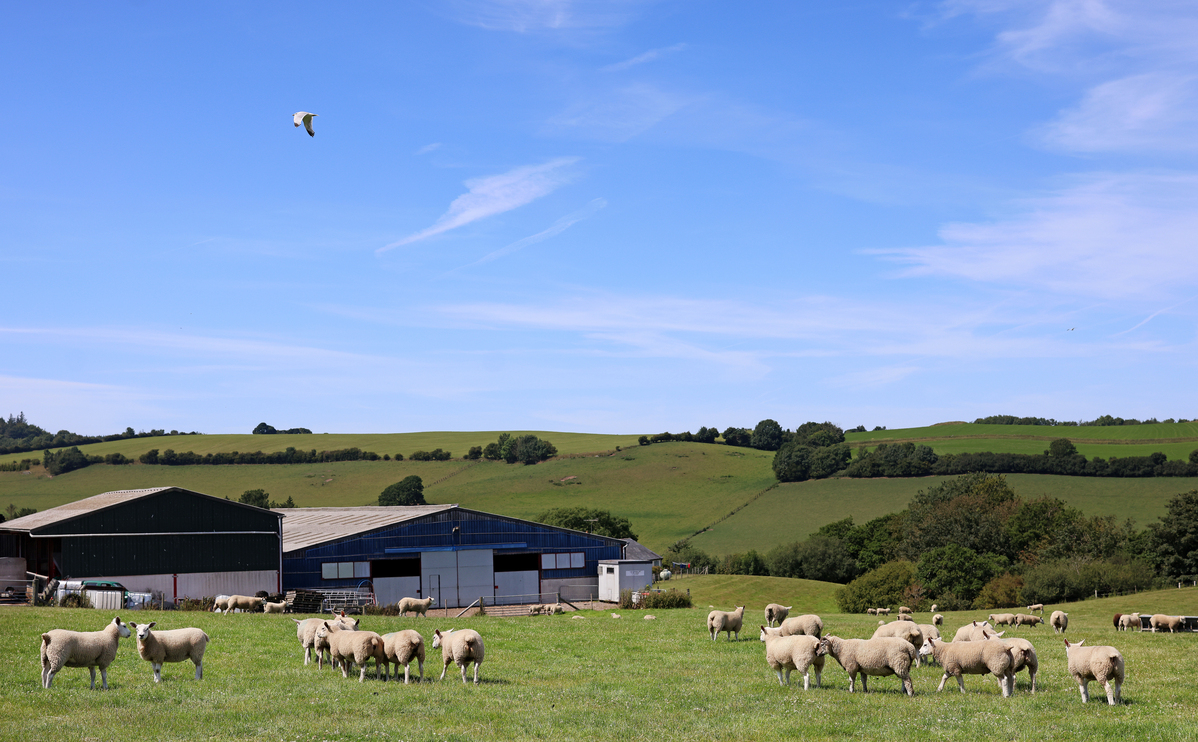In 2020, the average age of EU farmers was 57, and only 12% were under 40. Among younger farmers, just 2.5% were women. Without renewed entry into farming, the EU risks a loss of skills, innovation, and production capacity, threatening the long-term sustainability of the agri-food system. The non-binding strategy, which serves as a policy direction rather than a legislative proposal, outlines a series of recommendations.
Proposed initiatives
Young farmers have traditionally been supported through the Common Agriculture Policy (CAP), with dedicated funds and support for young farmers. With the next iteration of the CAP starting post 2027, the Commission outlines that support can become more targeted and ambitious.
The following flagship initiatives are outlined:
- Mandatory national generational renewal strategies:
Each member state will be required to develop a comprehensive, mandatory generational renewal strategy, reinforced with clear requirements to identify demographic trends, entry barriers and targeted support measures by 2028. - Financial commitment:
Commission recommends that Member States invest at least 6% of their ring-fenced amounts to generational renewal. However, this is not binding. - Starter Pack for Young Farmers:
Development of a ‘Stater Pack for Young Farmers’ to facilitate the entry and establishment of young farmers in the sector through a comprehensive package of interventions, including a lump sum of up to €300 000 to set up.
The strategy also identifies five key levers for action: access to land, finance, skills, fair living standards in rural areas, and support for succession. Each lever is addressed through targeted flagship initiatives and additional measures.
Access to credit and finance
The strategy acknowledges the younger generation’s financial challenges, particularly in securing long-term loans for land and investment. It emphasises the need for predictability, improved perceptions of farming, and tailored financial tools, including public-private partnerships, CAP instruments, guarantee schemes, reduced interest rates, and extended repayment terms.
The proposed flagship actions include increasing the maximum level of CAP support and increasing investment support.
Additional measures include a dedicated European Investment Bank (EIB) lending envelope and support under the European Competitiveness Fund (ECF).
Access to knowledge and skills
The strategy highlights the needs in agriculture when it comes to education, knowledge and skills, due to a highly technical profession and emerging challenges.
Flagship actions include Erasmus for Young Entrepreneurs (EYE) and “Farmers of the Future” best practice pack to all EU agricultural schools – giving students examples of modern farming approaches.
Additional measures include peer-learning for young farmers, mental health awareness and strengthening advisory services.
Access to land
The strategy states that transfer of land is at the heart of generational renewal, requiring action at EU and national level, with essential topics such as land concentration, land prices, the need for long-term leases, and land take.
Flagship actions include development of a European Land Observatory to improve land transparency and support succession.
Additional measures include Producer Organisation (PO) led support for farm succession, land market studies for generational renewal, encouragement of Land Mobility Services and lower transaction costs for small farmers.
Resilience, fair living conditions, and access to new income opportunities
The strategy states that “the renewal of farming also depends on the overall economic opportunities in farming and attractiveness of rural areas”.
Flagship actions include farm relief services and establishment or rural youth ambassadors to act as advocates for agriculture and rural life.
Additional actions include support for on-farm renewal energy projects, rural strategies, infrastructures and services, business innovation and rural diversification and the use of LEADER.
Succession and retirement
Pension schemes and succession planning are fundamental to securing generational renewal in agriculture. Across the EU, many older farmers delay retirement because of inadequate pension coverage and lack of viable alternative to farm income. The CAP often plays a social role, as a substitute form of pension income.
Flagship actions include banning the possibility to cumulate direct payments and pension by 2032. This was already proposed in the post-2027 CAP.
Additional measures include support of farm succession planning through AKIS, improve knowledge on tax and farm succession, and exchange of best practise.
